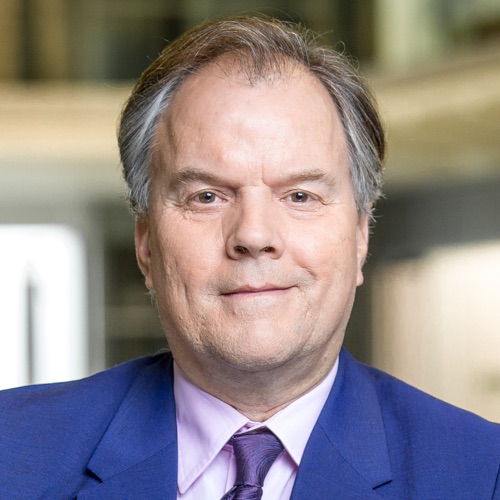From #JeSuisCharlie to #JeSuisParis – France’s bloody year
2015 is turning out to be a grim and possibly defining year for France, and for Europe.
It started with the liberal secular battle cry of #JesuisCharlie after the attacks on Charlie Hebdo, the satirical weekly and a Jewish supermarket. It is ending with battle cries of #JesuisParis or something similar, although indecision about the most poignant wording is a reflection of the queasiness that this attack has triggered in all of us. While the first cries were delivered with defiance and full throated gusto the latter are marked by a quivering pit of the stomach fear.
Yesterday’s mass murder, which was brutal and seemingly well-coordinated, raises the haunting prospect that the wars of the Middle East have finally washed up on our European doorsteps. The Paris attack is reminiscent of the Mumbai attacks five years ago. It turned a balmy autumn night in Paris into the kind of nightmare more usual in Baghdad. Charlie Hebdo was personal. This feels more civilizational.
Thankfully the condemnation from countless Muslim organisations around the world was swift and uncompromising. But as Francois Hollande put it. This is a declaration of war. France will take revenge. But as America discovered under George W. Bush a war on terror is a tricky and dangerous business, especially if the attackers turn out to be French nationals acting in the name of extreme Islam.
France has almost five million Muslim French citizens. The vast majority of them are officially integrated but feel frequently isolated from the mainstream of French society. They will no doubt condemn these attacks but fear the consequences to the already delicate balance between minority and majority. They do not want to have to choose between their religion and their nationality. But more and more French people may ask them to. How does any politician preserve that balance with the onset of an election campaign dominated by the rise of the National Front under Marine Le Pen?
Nuance dies on days like these. The consequences for France’s political landscape will be seismic, if yet unknown. The same can be said for the rest of the EU. This is precisely the kind of attack that Angela Merkel feared would make more and more Germans worry about the flood of migrants and refugees importing problems. And I am not just talking about the possibility of a small number of IS operatives slipping through a very open net. But the notion of a new population of non-Germans grappling with integration.
Others like Hungary’s Viktor Orban will now doubt seize this opportunity to bellow “I told you so” even if the attacks had nothing to do with the flood of refugees. Cynically the attacks may be used by some to justify the further pulling up of Europe’s draw bridges, as if that would make a difference. And finally it may harden the emotions of the already emotional Brexit crowd, who may now yearn for the Channel between us and Europe to become a larger more comforting body of water.
But as 9/11 proved even an ocean didn’t protect America. The consequences of that fateful day and America’s reaction to it are still being played out, where will the consequences of Paris’s Friday 13th lead?
Follow Matt Frei on Twitter: @mattfrei



